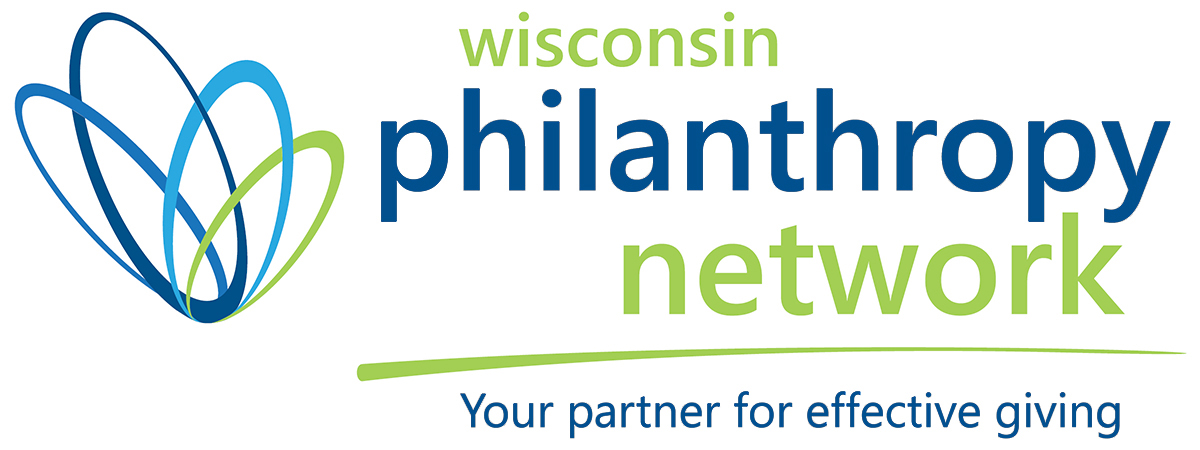Independent Sector has released important new research on how current tax reform proposals would impact charitable giving, and the impact and cost of making the charitable deduction to all taxpayers, not just itemizers (sometimes called a “universal” charitable deduction – or what we are now calling the All Americans Charitable Deduction). The research was conducted by the Indiana University (IU) Lilly Family School of Philanthropy and commissioned by IS.
The study uses the 2014 Camp Proposal for its analysis, because it was an actual bill not subject to further changes and because it proposed smaller changes from current law than the current White House and House Tax Reform Blueprint proposals. The study notes that the three proposals are similar in terms of their proposals for increasing the standard deduction and lowering tax rates, and all three proposals extend the charitable deduction to itemizers only.
The study examines three major policy changes:
- Increasing the value of the standard deduction from $6,300 to $11,000 for individuals and from $12,600 to $22,000 for joint filers (note: the White House and House Blueprint proposals increase the standard deduction to $12,600/$24,000 and $12,000/$24,000 respectively).
- Decreasing the highest marginal tax rate from 39.6% to 35% (note: the White House proposal also drops the rate to 35% and the House Blueprint drops it to 33%).
- Extending the charitable tax deduction to all non-itemizers.
Key Findings
Here are the top-line findings from the research:
- Increasing the standard deduction and lowering the top marginal tax rate would decrease charitable giving by as much as $13.1 billion (-4.6%).
The study looked at 3 different scenarios assuming 3 different levels of responsive by taxpayers to changes in tax policy, and the decline in giving ranged from a low of $4.9 billion (-1.7%) to a high of $13.1 billion (-4.6%). The study’s calculations estimate that taxpayers will be highly responsive to changes in tax policy. The increase in the standard deduction accounts for most (more than 80%) of the drop in charitable giving. - Making the charitable deduction available to all taxpayers would increase charitable giving by as much as $4.8 billion(+1.7%).
Using the 3 different levels of responsiveness by taxpayers to changes in tax policy, the increase in charitable giving ranges from a low of $1.1 billion (+0.4%) to a high of $4.8 billion (+1.7%). These figures are based on a scenario in which you increase the standard deduction, lower the top marginal tax rate and extend the charitable deduction to non-itemizers. If you were to extend the charitable deduction to non-itemizers ONLY (and not increase the standard deduction or lower tax rates), charitable giving would increase by as much as $12.2 billion (+4.3%). - Making the charitable deduction available to all taxpayers would decrease tax revenue by as much as $13.1 billion(-0.5%).
As noted above, if you were to extend the charitable deduction to non-itemizers ONLY (and not increase the standard deduction or lower tax rates), charitable giving would increase by as much as $12.2 billion, so the difference between the loss in tax revenue and increase in giving would be -$0.9 billion (-0.03%). The study shows that if you decrease the tax rate, increase the standard deduction and extend the charitable deduction to non-itemizers, the loss in tax revenue would be as high as $106.1 billion (-3.8%), so of the 3 policies the extension of the charitable deduction to non-itemizers has the smallest negative impact on tax revenue. - Making the charitable deduction available to all taxpayers would increase charitable giving the most for low-income and middle-income households.
Making the charitable deduction available to all taxpayers would increase charitable giving by low-income households (<$50,000) by as much 8.4%; by middle-income households ($50,000-$99,000) by as much as 8.4%; and by high-income households ($100,000+) by as much as 1.6%.
Additional Resources
- Below is the link to the press release and above the pdf of the full report about the study. You can also learn more at the IS website:
https://www.independentsector.org/resource/tax-policy-charitable-giving/
https://www.independentsector.org/news-post/new-research-tax-reform-charitable-giving/
- Here’s an article by the Chronicle of Philanthropy about the study:
https://www.philanthropy.com/article/GOP-Tax-Plan-Would-Reduce/240103 - A reminder of the Forum’s position on making the charitable deduction available to all American taxpayers:
https://www.givingforum.org/resources/charitable-deduction




